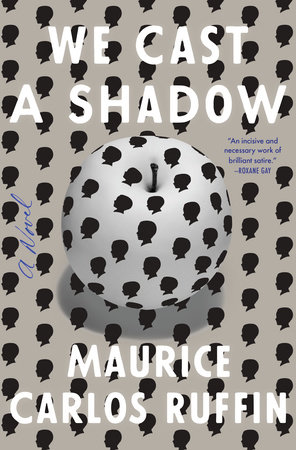Self-identification or tribal membership: Different paths to your heritagePosted in Anthropology, Articles, Identity Development/Psychology, Media Archive, Native Americans/First Nation, United States on 2019-02-16 23:26Z by Steven |
Self-identification or tribal membership: Different paths to your heritage
Medill Reports Chicago
Medill News Service
2019-02-12
Lu Zhao, News Reporter
Medill Reports
 Jasmine Gurneau made their wedding clothes by herself. “You have to wear it more than once,” Jasmine said to her husband. The arch behind them represents the four colors of four directions, which was made by Jasmine’s mother, Pam. (Provided by Jasmine) |
It was a surprise for the 8-year-old girl when she first learned she is a Native American many years ago. Pamala Silas still remembers that day. She had transferred to a new school. Huddling in the chair, sitting beside her younger sister, Pam was introduced by the teacher as an “American Indian.” She couldn’t believe what she heard.
“What? Why did she say that?” Pam, in her 50s and proud of her heritage, said she harbored as a child stereotypes of Native Americans that, all too often, people saw on TV. “They’re all naked and crazy!”
Pam went home and asked her foster mother why they called her an Indian at school.
“Well, you are,” her foster mother said. She took out an encyclopedia, went to the American Indian section and showed Pam a picture of a man with a headdress on a horse. “You’re an Indian.”
“You are Menominee and you are Oneida,” Pam’s older sister said.
Pam had to write down the tribal names but didn’t even know how to spell them at that time…
Read the entire article here.








